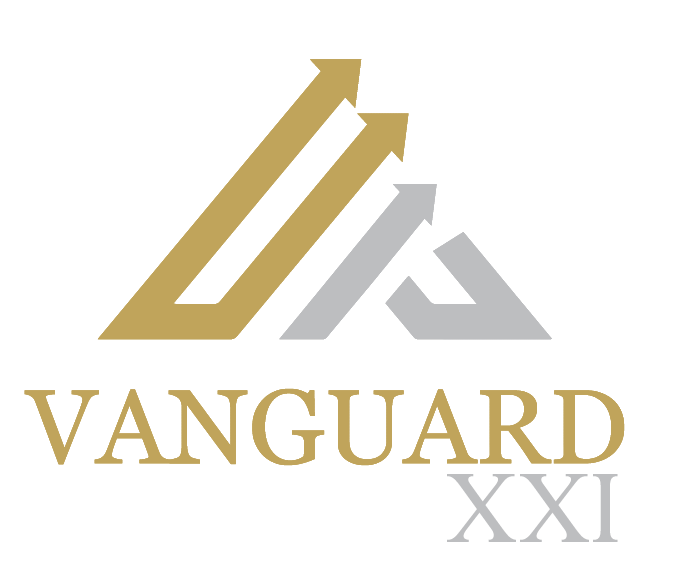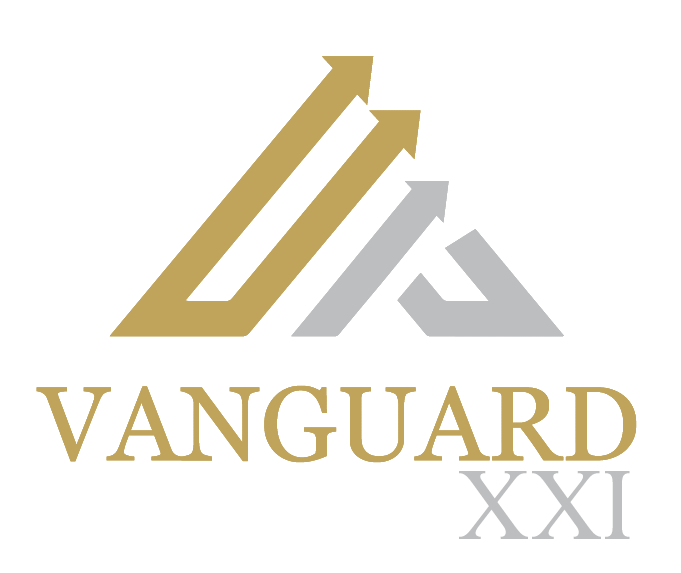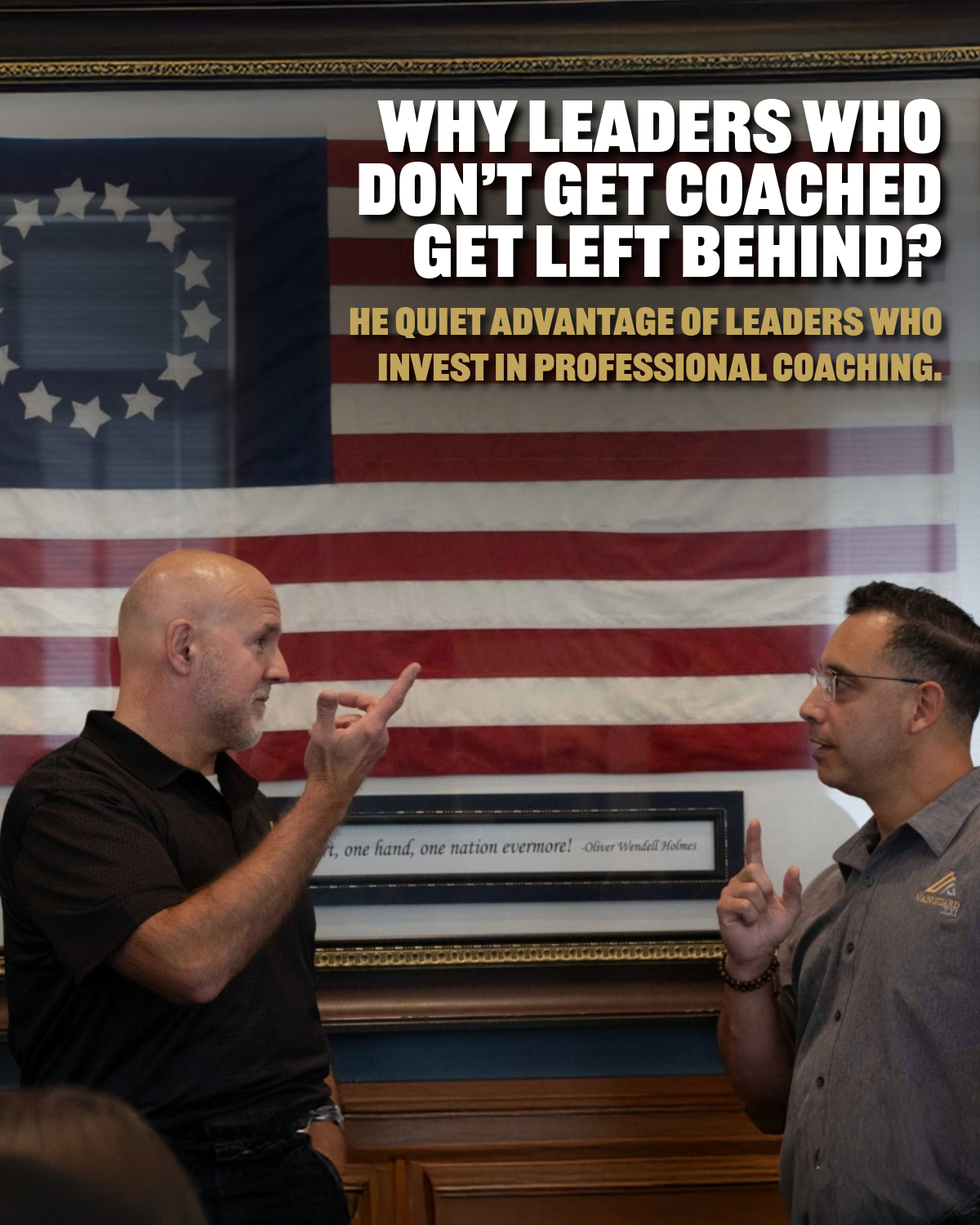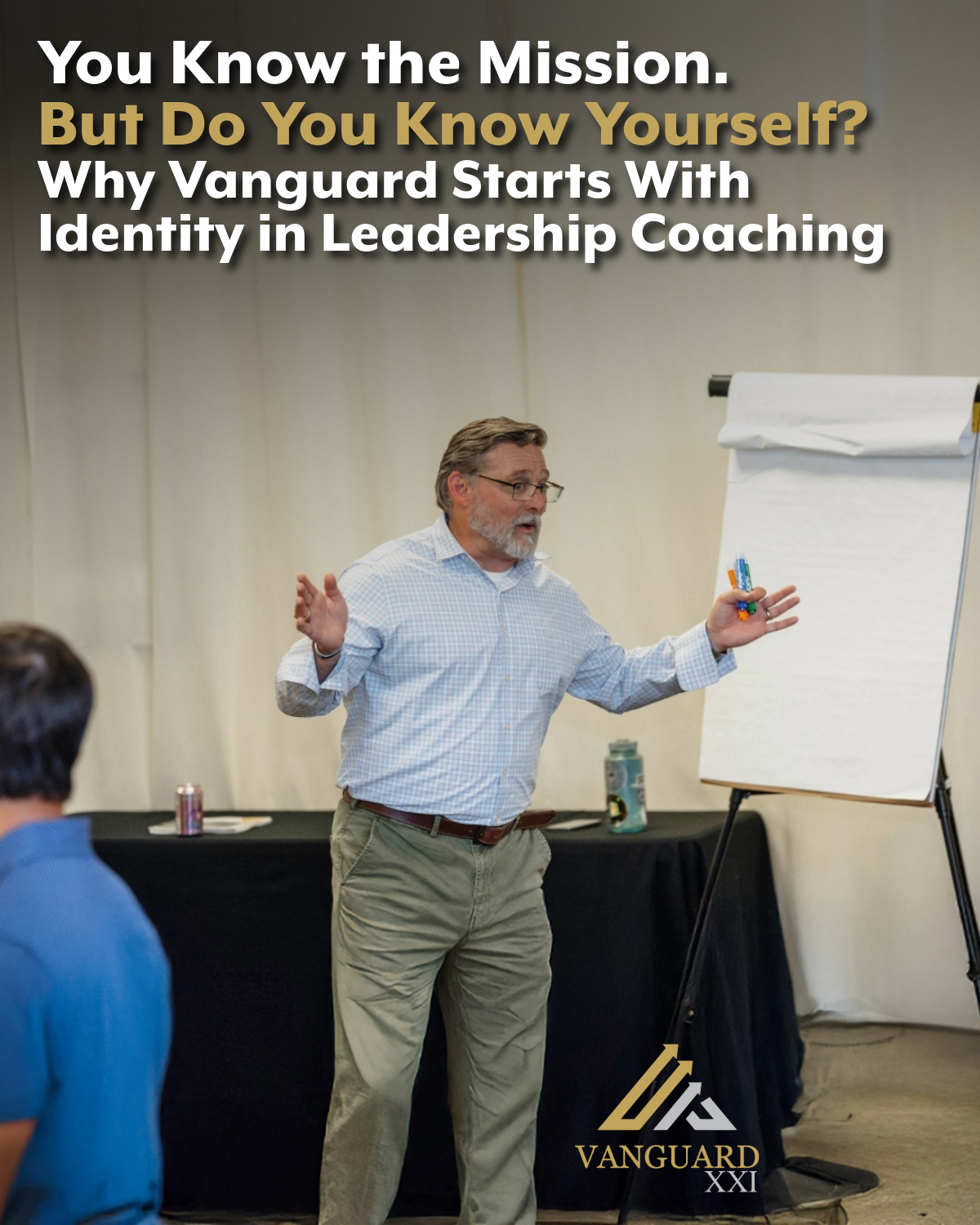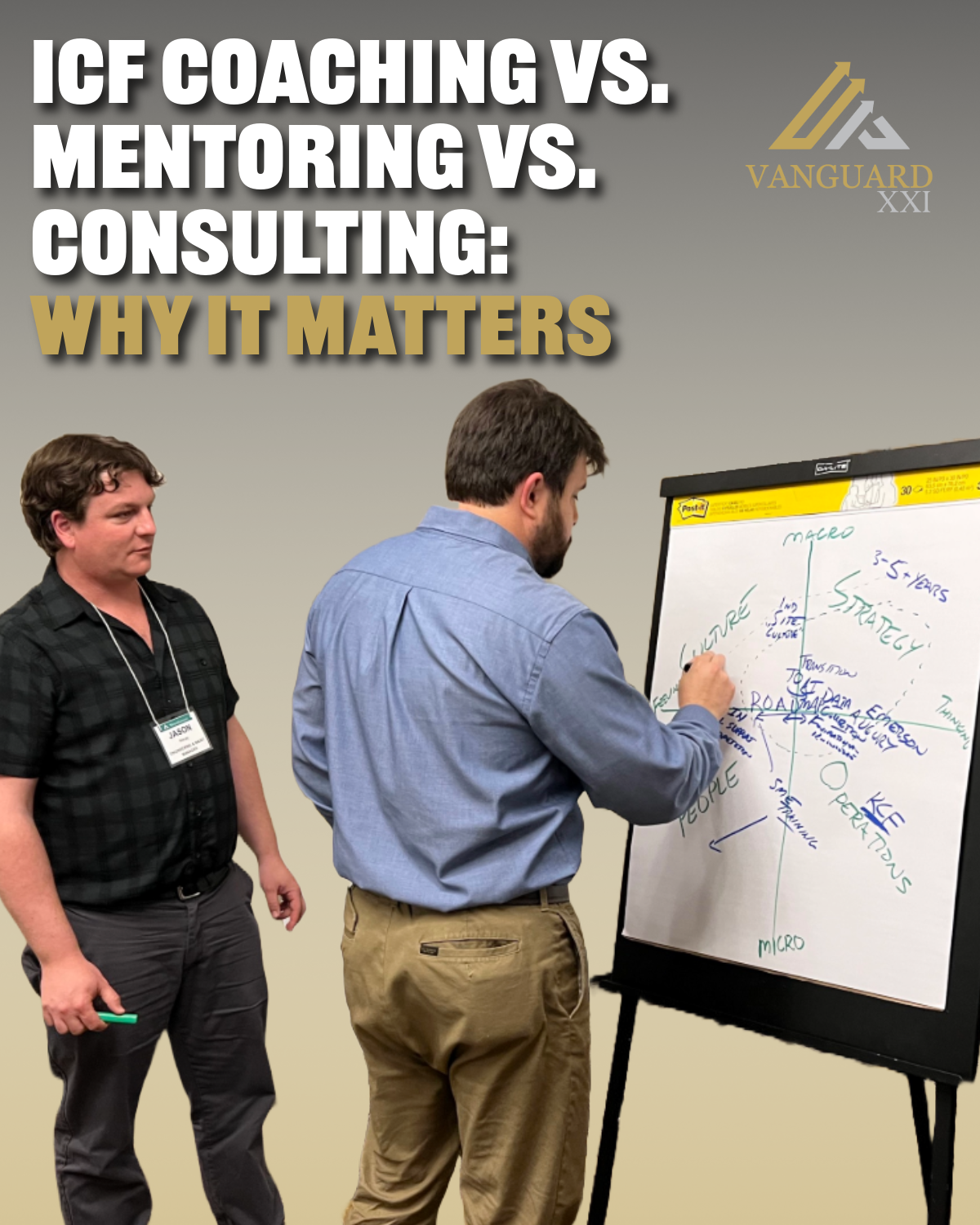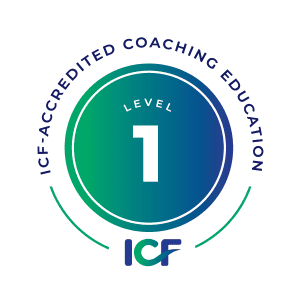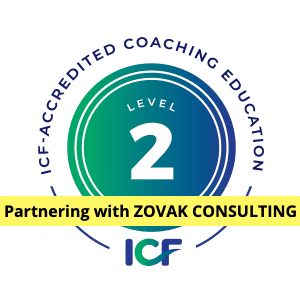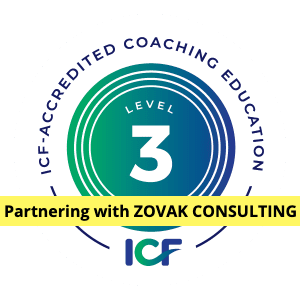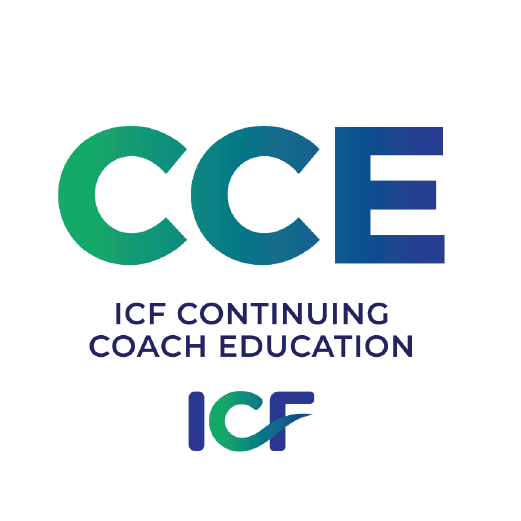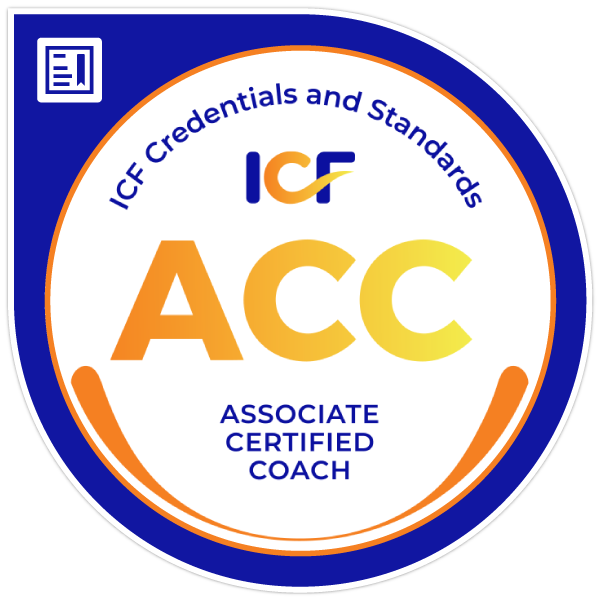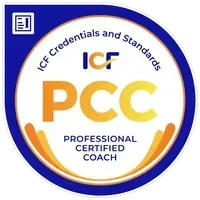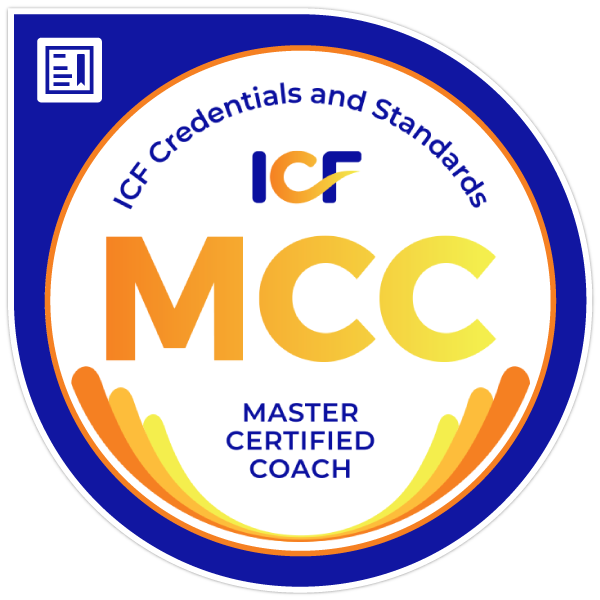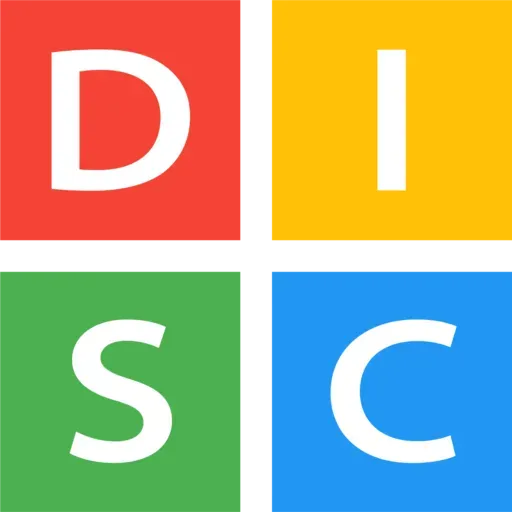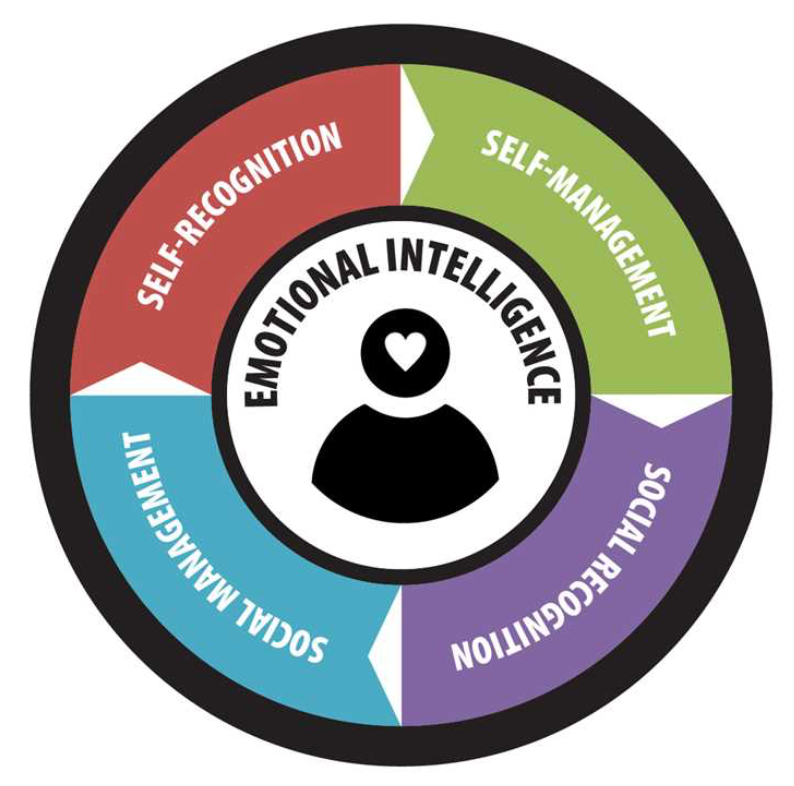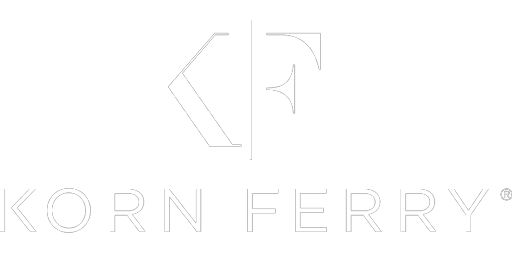Blog
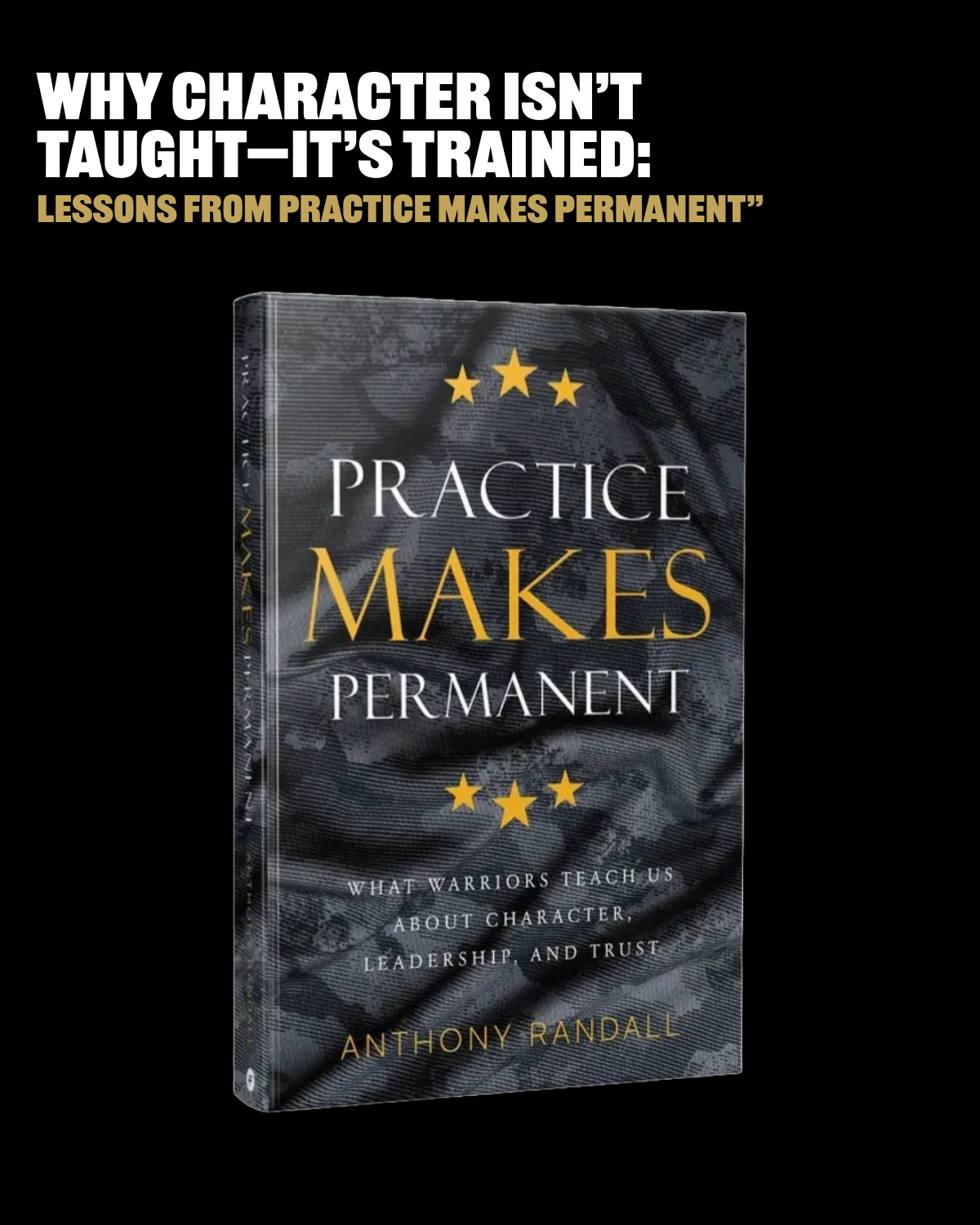
Imagine being told that character isn’t something you’re taught once—like a formula in a textbook—but something you embody through consistent, deliberate action. In today’s fast-moving world, where soft skills and values are more critical than ever, our attention should turn toward what really shapes who we are—and who we can become. It’s not theories or lectures that build character—it’s the daily, deliberate repetitions that do. 1. The Fallacy of “Teaching” Character As leaders, we need to challenge the conventional notion that character is delivered through instruction alone. Character is shaped in the doing—the habits and practices we repeat when no one is looking. Real growth happens in the mundane, the moment-to-moment grind of getting things right—even when it’s hard or seemingly insignificant. 2. Practice → Permanent: The Power of Repetition “Practice makes permanent” reframes the old adage “practice makes perfect.” What we repeat becomes our default. Every handshake, every deadline met, every act of integrity reinforces who we are becoming—not in an instant, but over time. This aligns with current neuroscience about neuroplasticity—our brains literally wire themselves to repeat the patterns we practice habitually. This insight underscores that our ethical wiring is no different. 3. Shifting Mindsets: From Knowledge to Habits What if character development programs focused less on imparting wisdom and more on cultivating habits—rituals of honesty, respect, and resilience? We should shift from teaching principles alone to engineering micro-practices—tiny, consistent actions that eventually become part of our identity. For leaders and organizations, that’s gold. We should work to integrate values into our daily routines. Think pre-meeting rituals, feedback loops that reinforce trust, or recognition rituals that reward quiet integrity. 4. The Role of Accountability and Consistency Training for character isn’t a one-off—it’s a continual process. As leaders, we should emphasize the importance of structures: peers, mentors, trackers, and accountability systems that help sustain daily practice, especially when motivation dips. 5. Application: How to Train (Not Teach) Character Identify the micro-habits you want to instill—whether it’s speaking up with empathy, doing what you said you’d do, or pausing before reacting. Design rituals or prompts—lane-change reminders in Slack, morning reflection questions, or quick check-ins with peers. Track and reflect , not for criticism, but to reinforce self-awareness and celebrate consistency. Anchor practices to existing routines—like a moment of pause before dinner to intentionally reflect on how you showed up that day. Conclusion We must reframe character development as active training, not passive instruction. It calls us to examine our daily actions, our routines, and the invisible patterns that define us. It’s a powerful reminder: if you want to lead with integrity, compassion, and resilience, start by practicing those traits—relentlessly and deliberately. Next Steps Do you or your organization need help with this? At Vanguard XXI, our “training” is more about practice than talk. Using intentional activities and experiential adult learning methods, we help individuals and organizations move beyond the information dump to practicing the habits of character we wish to model. Check out how we can help at vanguardxxi.com/services.
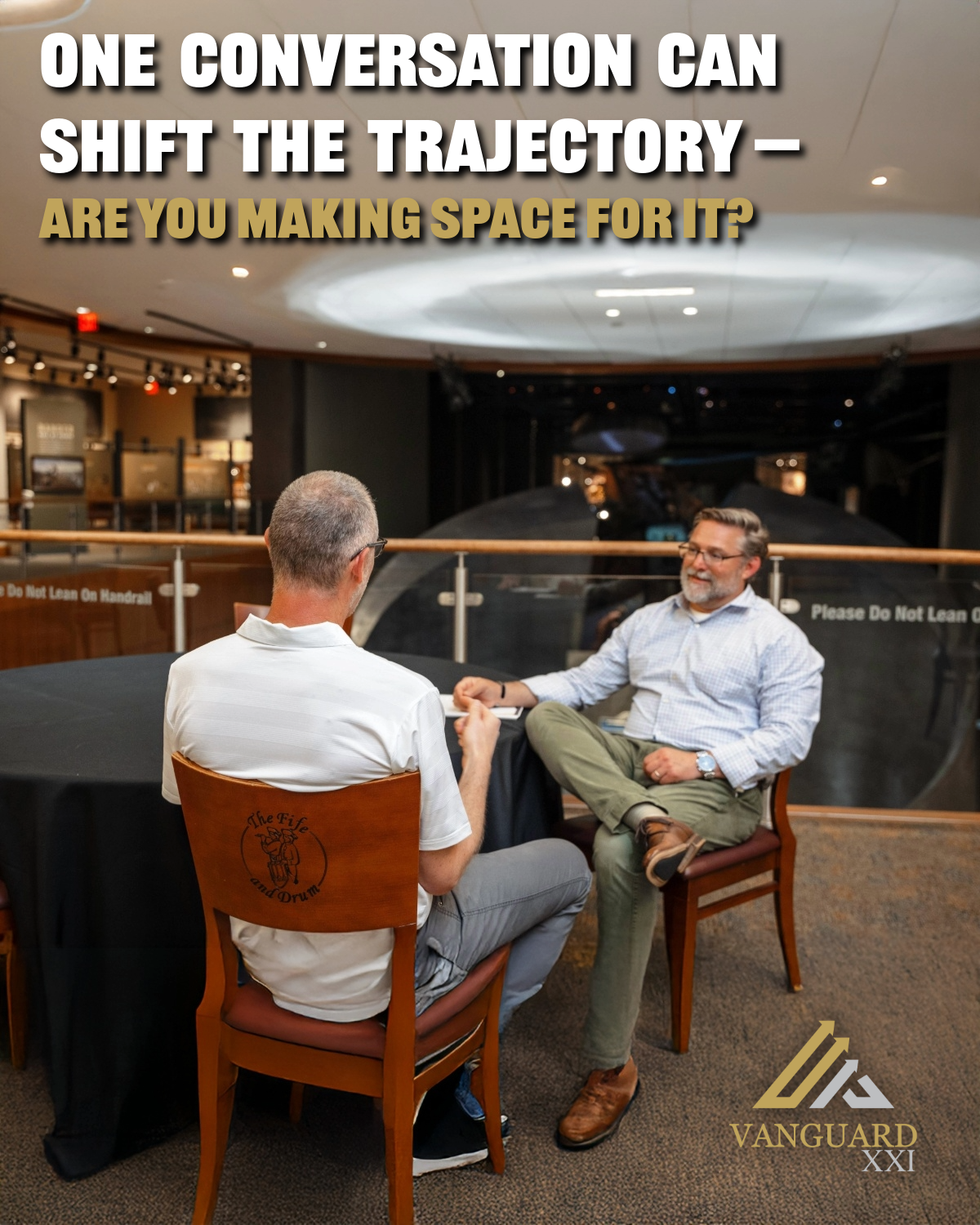
Leadership is often defined by the decisions you make, the strategies you set, and the people you influence. But here’s a truth many leaders quietly carry: The higher you rise, the harder it becomes to find space for your own growth. Yet, one powerful, focused coaching conversation can shift your thinking, your strategy, and your leadership trajectory. The question is: Are you making space for it? Leadership Can Be Isolating You hold the vision. You solve the problems. You set the tone. And often, you’re expected to have the answers. But who do you get to process with? Who helps you explore what’s beneath the surface when you’re navigating complexity, doubt, or burnout? This is where coaching becomes more than a professional development tool. It has become an essential leadership practice. Coaching Isn’t for the “Fix” – It’s for the Future Coaching isn’t about correcting weaknesses. It’s about creating intentional space for reflection, clarity, and aligned action. For leaders, coaching can help: Recenter on purpose and values Break through decision fatigue and mental clutter Navigate relationships and influence more skillfully Stretch from operational to strategic thinking Avoid blind spots and reactive leadership Often, the insight that changes everything comes not from a book, a keynote, or a training—but from a coaching conversation where you are fully heard, challenged, and supported. Are You Making Space for Your Conversation? Leaders are quick to create space for others: team check-ins, one-on-ones, performance reviews. But too often, they delay or downplay their own development. Coaching requires just a few things: Time blocked for you A safe space without judgment or agenda A coach who listens deeply and challenges you gently A commitment to growth, not perfection This isn’t a luxury. It’s leadership hygiene. The Best Leaders Don’t Go It Alone Behind every great leader is a space where they aren’t leading. They’re reflecting. They’re stretching. They’re being coached. Because even the strongest leaders need a mirror. Even the most visionary thinkers need space to think. Even the most decisive decision-makers need clarity. One conversation can shift your trajectory. Are you making space for it?
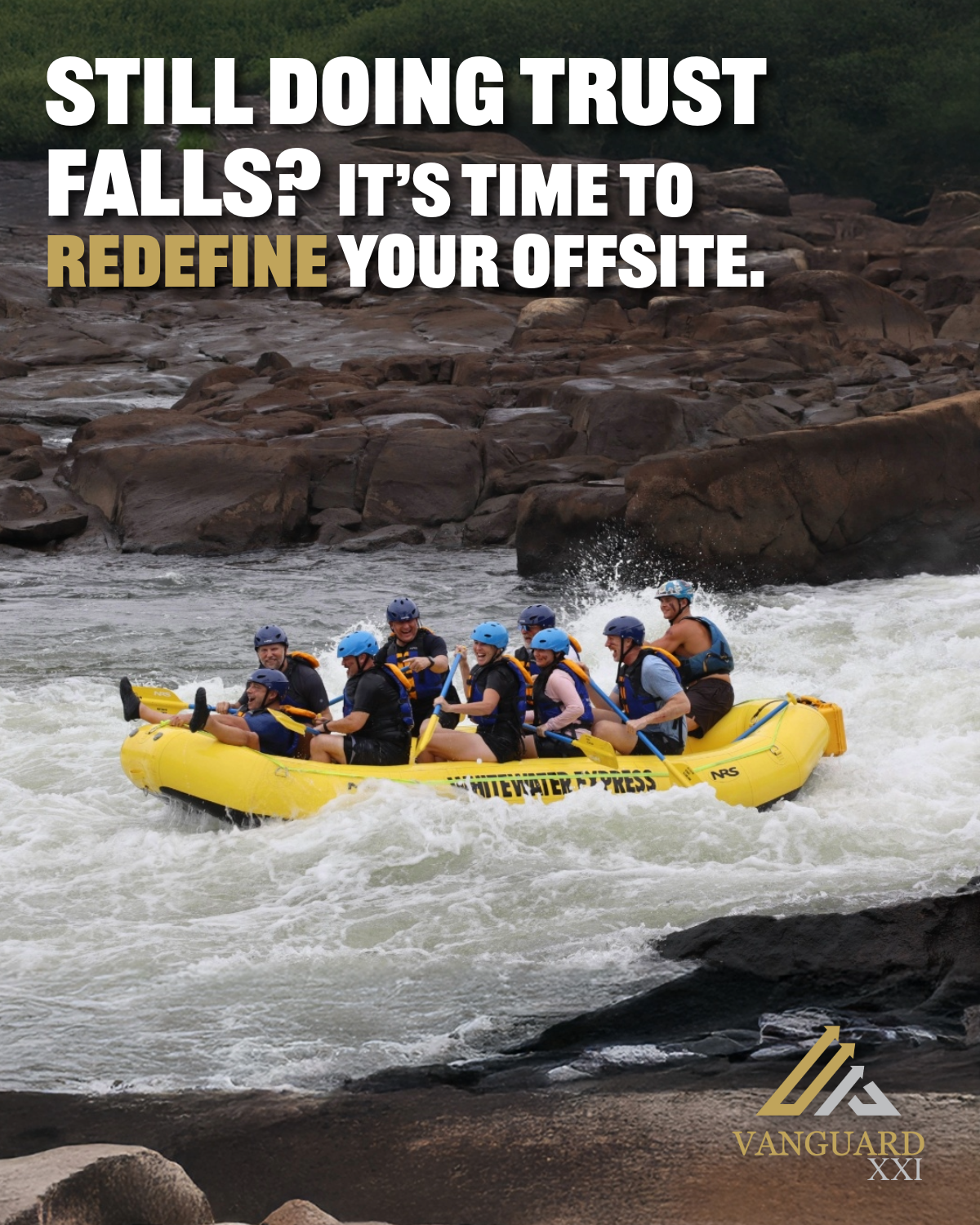
Let’s be honest: If your leadership offsite still includes trust falls, escape rooms, or campfire storytelling — you’re wasting your most valuable asset: executive attention. In a world where leadership demands clarity, adaptability, and alignment, team-building is good, but isn’t enough. It’s time to trade performative bonding for purpose-driven transformation. At Vanguard XXI, we design leadership offsites that don’t just bring teams together — they change everything. A Vanguard XXI Offsite: Where Leadership Gets Real Traditional offsites may offer a temporary morale boost. But if you want lasting impact, you need more than motivation — you need methodology. That’s where our approach comes in. Here’s what sets us apart: 1. Transformational Leadership Growth We go beyond traditional training by using David Kolb’s Experiential Learning Cycle to ensure leaders learn by doing — and reflecting. Leaders don’t just gain insights; they experience a shift in how they think, relate, and lead. This holistic method integrates real-time feedback, structured learning loops, and personal accountability — all in the context of your organization’s real challenges. ✅ Outcome: Sustainable growth anchored in self-awareness, action, and real-world learning. 2. Moral & Ethical Decision-Making + Character Development In today’s climate, leadership isn’t just strategic — it’s moral. We help leaders explore how their values, biases, and ethical frameworks shape their decisions. Using real-world dilemmas, guided reflection, and peer dialogue, leaders develop the character and clarity to navigate complex challenges with integrity and courage. ✅ Outcome: Leaders who make high-stakes decisions grounded in ethics, not ego. 3. Emotional Intelligence Development Trust. Empathy. Composure. Influence. These aren’t soft skills — they’re leadership differentiators. We help leaders expand their emotional range, elevate their relational agility, and coach others with presence and precision. Vanguard XXI’s certified coaches use proven tools to build EQ capacity — fast. ✅ Outcome: Leaders who act as trusted advisors — not just decision-makers. 4. Leading and Coaching for High-Performance Teams Most teams don’t suffer from lack of talent — they suffer from lack of alignment and trust. Our offsites equip leaders with coaching strategies to unlock psychological safety, fuel collaboration, and create shared ownership. We don’t just talk team performance — we engineer it in the room. ✅ Outcome: Teams that leave with clarity, commitment, and a roadmap to win together. At Vanguard XXI, we want to transform offsites into launchpads for strategic clarity, team alignment, and personal growth. This isn’t just team-building exercises or roundtable discussions. It’s real-time growth in action. We create environments where leaders stop performing and start co-creating. No posturing. No politics. Just powerful dialogue, mutual goals, and actionable steps that are rooted in mutual accountability. This produces real outcomes and not just “great energry.” When this happens, everything changes. Every Vanguard XXI offsite ends with: • Clear individual commitments • Strategic next steps • Shared leadership agreements that stick Our follow-through coaching ensures offsite momentum turns into measurable results — across culture, execution, and impact. Let’s Be Clear: This Isn’t an Offsite. It’s an Inflection Point. If your team is stuck, fragmented, or just coasting — a Vanguard XXI leadership offsite can reset the system. We don’t do retreats. We architect turning points. Leadership isn’t built by falling backward into someone’s arms. It’s built by stepping forward into clarity, trust, and courageous collaboration. Let’s design an offsite that doesn’t just feel different — it delivers different. Ready to reimagine your leadership experience? Connect with us at vanguardxxi.com or send a message to start a conversation.
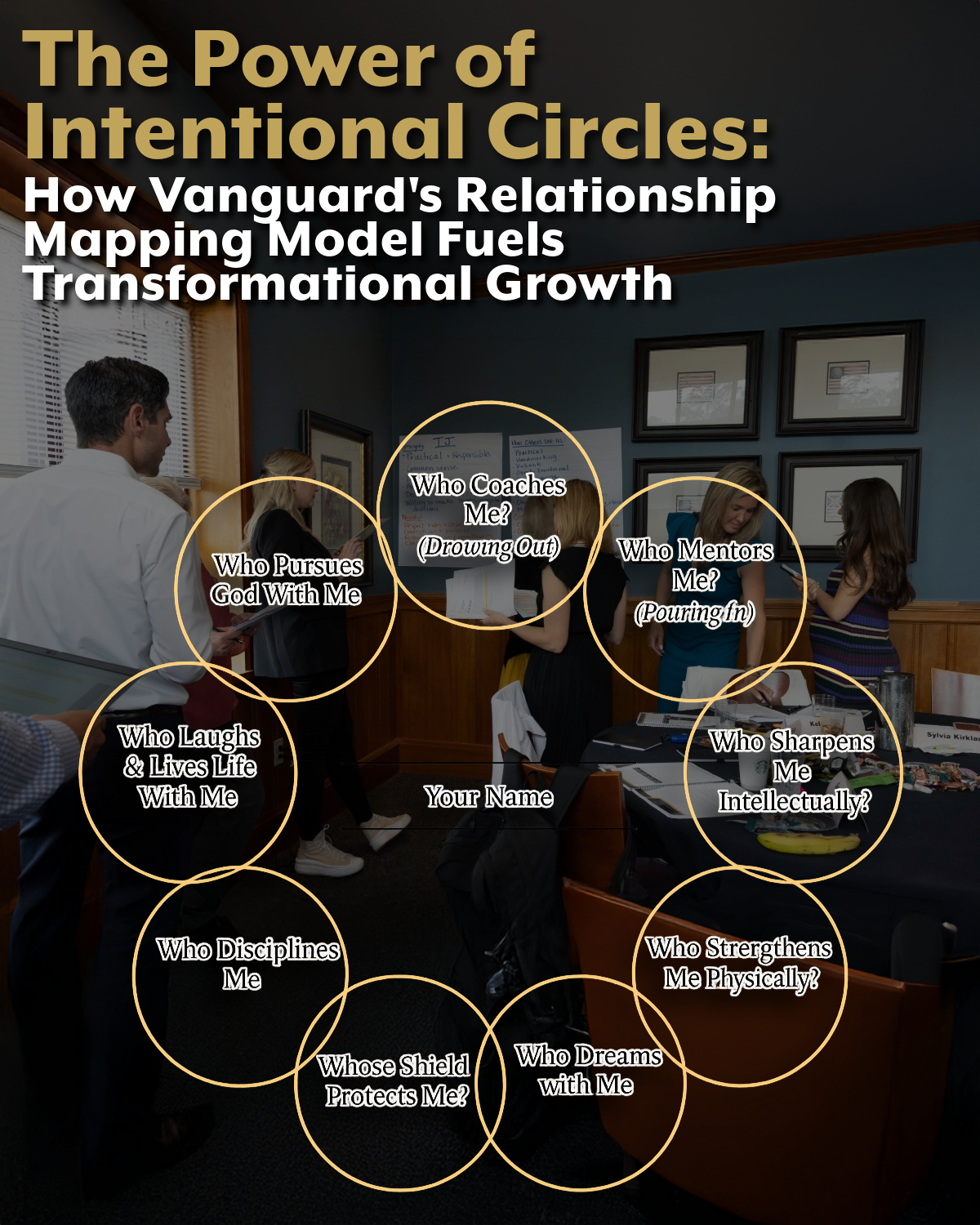
Transform Leaders – Forge Excellence – Win We live in a society where people often celebrate rugged individualism, but transformation rarely happens in isolation. At Vanguard XXI, we’ve learned that transformational growth—personal, professional, and organizational—is accelerated when surrounded by the right people. That’s why we use the coaching tool, Intentional Circles Relationship Mapping Model —a strategic coaching tool designed to help leaders identify, cultivate, and activate the relationships that matter most for growth. Why Intentional Circles? We often ask people to reach courageous goals or navigate change without helping them assess who’s in their corner to accomplish them. The Relationship Mapping Model invites individuals to intentionally examine their support systems by asking: Who fuels your courage? Who stretches your thinking? Who holds you accountable to your highest potential? Rather than relying on default relationships, we coach leaders to design Intentional Circles —purpose-driven networks of trust, influence, and support that align with their vision. How It Works Through guided coaching sessions, our clients map out the people in their orbit—friends, coaches, mentors, peers, supervisors, partners—and categorize them according to role and impact. But it doesn’t stop there. We help leaders: ✅ Identify gaps in support or challenge ✅ Reframe toxic or energy-draining dynamics ✅ Strategically build new alliances ✅ Take ownership of how relationships shape their mindset and momentum The result? Greater creativity, clarity, and confidence. Impact That Scales We’ve seen this model transform leaders across the military, corporate, nonprofit, and government sectors. Let us help you discover how Intentional Circles provide a roadmap to sustainable transformation. Again, growth doesn’t happen in isolation. It happens through intentional relationships. Let’s Build Your Circle Ready to elevate your impact and reimagine what’s possible through powerful connections? Let’s talk. 📩 Learn more at vanguardxxi.com #VanguardXXI #LeadershipDevelopment #ICFCoaching #Transformation #IntentionalCircles #CoachingCulture #RelationalLeadership

In today’s dynamic professional landscape, organizations and leaders are seeking morn just technical expertise—they want transformational influence. The Vanguard Professional Coaching Certification (VPCC) is our signature ICF (International Coaching Federation) Level 1 (ACC-path) coaching course, designed to empower leaders at any level to elevate their impact through professional coaching. What Is the VPCC? A foundational Leadership Development and ICF Level 1 coaching course offered in two formats: - 61-hour executive track - 80-hour comprehensive track, aligned with Army credentialing requirements Delivers the targeted 60 (or 80) coach education hours by aligning with the 8 Core Competencies outlined by the International Coaching Federation. Who Is It For? Designed for anyone committed to leadership growth—whether corporate leaders, HR professionals, military officers, coaches, consultants, or entrepreneurs. Ideal for those seeking to coach professionally or introduce coaching cultures within their organizations. What You’ll Gain ICF Credentialing Pathway The VPCC is an ICF Level 1, 80-hour program that meets the requirements for participants to pursue the ICF Associate Certified Coach (ACC) credential and the Board Certified Coach (BCC) credential. Comprehensive Coaching Training Learn and apply the Vanguard XXI 5-Step Coaching Model while mastering ICF Coaching Competencies and Ethical Standards to become a highly effective professional coach. Flexible Learning Format The course includes virtual and in-person instruction, making it accessible to professionals from different industries and locations. Holistic Leadership Development Participants grow as transformational leaders using David Kolb’s Experiential Learning Cycle, ensuring deep learning through real-world experiences, reflection, and hands-on application. Mentor Coaching for ICF Credentialing Includes 10 hours of mentor coaching to refine coaching techniques and ensure participants are prepared for the ICF ACC credentialing process. Practice Makes Permanent Participants will have the opportunity to practice the ICF coaching competencies and the Vanguard XXI coaching model through several coaching triads during the course. Course Overview & Discounts Upcoming Cohorts (Columbus, GA): Sep 15–19, 2025 (VPCC 3‑25) Nov 3–7, 2025 (VPCC 4‑25) Discounts: Early Bird 1 (90 Days Out) – 10% off Early Bird 2 (60 Days Out) – 5% off UM/FUM/VUM – 10% off Buddy Discount (register together with three or more) – 10% off Why Choose the VPCC? Accredited by ICF and approved for Army Credentialing Assistance, including PDSI A3B/A4B credits. Delivered from a world-class leadership environment at the National Infantry Museum—rich with historical and strategic resonance. Supported by seasoned facilitators, including leaders like Dr. Anthony Randall, Dr. Phil McKinney II, Dr. Kim Zovak, Court Whitman, Mike Rauhut, and Brett Funck (all PCC/MCC level coaches), who will guide you through deep experiential learning. Join the VPCC Community Transform your leadership, build critical coaching competencies, and drive organizational impact. 👉 Request a free consultation or register today! https://www.vanguardxxi.com/vpcc Invest in your leadership—become the coach and catalyst your organization needs.
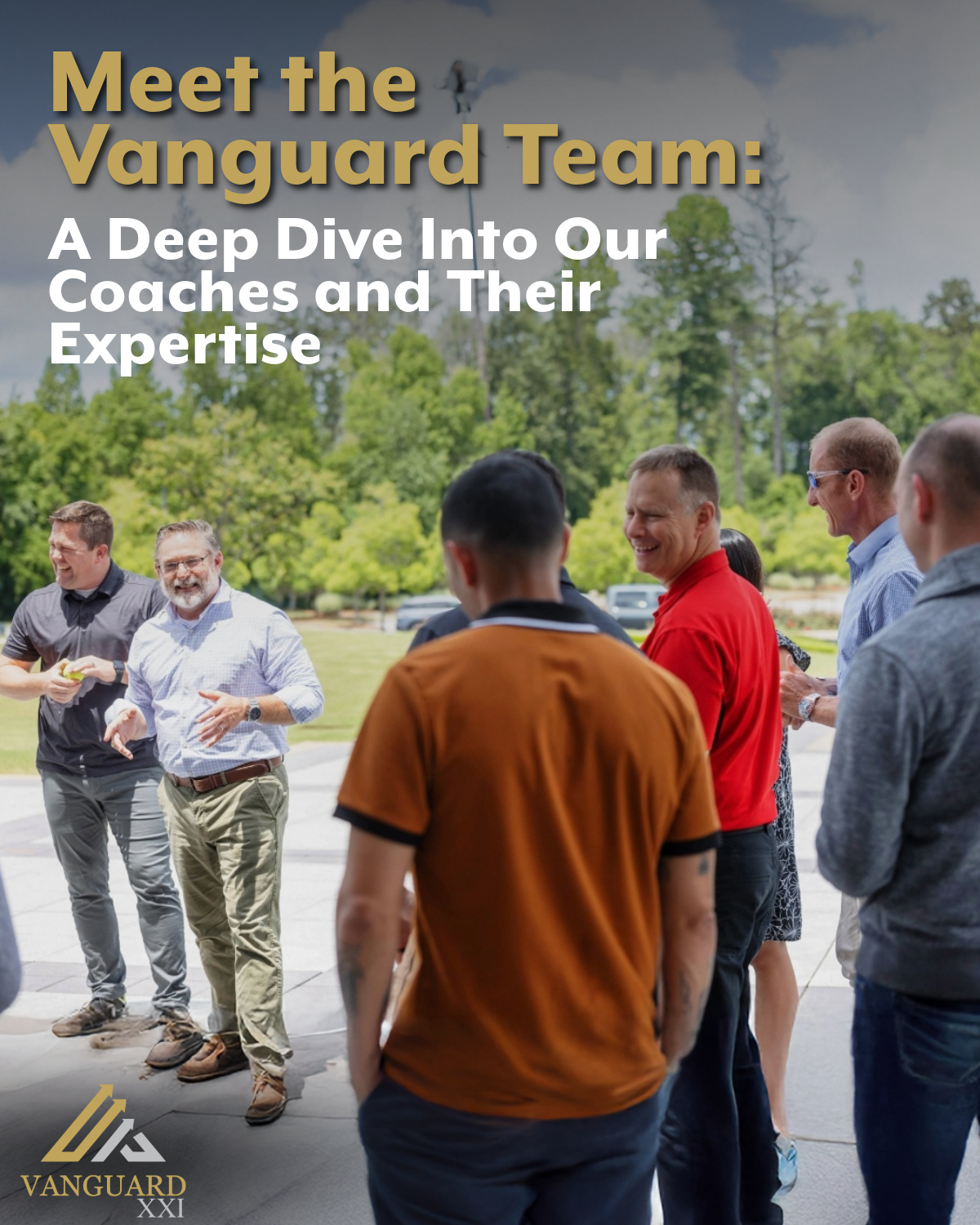
Transforming Leaders. Forging Excellence. At Vanguard XXI, we don’t just train leaders—we shape transformative ones. Our coaching team is composed of deeply experienced professionals from the military, business, education, and nonprofit sectors. What unites us is a shared mission: to transform leaders, forge excellence, and win. Meet Our Coaching Team Dr. Anthony Randall President & Founder, ICF Professional Certified Coach (PCC) Dr. Randall is a transformative leader and the visionary behind Vanguard XXI. With over 17,000 professionals coached across the U.S. Army, Special Operations, MLB, Fortune 100/500 companies, and higher education, he brings a rare depth of experience and a commitment to ethical leadership development. Mike Wall Senior Vice President of Business Development, Vanguard XXI Leadership Coach A retired Lieutenant Colonel with 28 years in military and defense industry roles, Mike is a passionate servant leader focused on cultivating high-functioning, cohesive teams. His visionary leadership and relational approach drive business growth and organizational cohesion. Dr. Phil McKinney II Senior Vice President of Operations, ICF Professional Certified Coach (PCC), Executive & Mentor Coach Phil is a seasoned leader in ministry, higher education, and leadership development. With expertise in coaching, spiritual direction, and counseling, he brings 30+ years of experience and certified training in DISC, EIQ, and Prepare/Enrich assessments to support individuals and teams on their growth journeys. Brett Funck (PCC) Former military leader and course facilitator whose post-service work in coaching and talent management reflects his dedication to developing others through tested leadership principles. Rick Mattson (ACC) With 25+ years in global corporate leadership, Rick is an award-winning strategist and instructor, specializing in organizational transformation, strategy management, and high-performance team development. Javier Lopez (ACC) A retired Army battalion commander, Javier brings over 20 years of expertise in leader development, curriculum design, and organizational growth—now coaching leaders to reach peak potential. Damien Mason A dynamic communicator and Special Operations veteran, Damien leverages his 26 years of military experience to empower individuals and organizations in high-stakes environments. Dr. Art Finch An operational and clinical psychologist, Art is a national expert in executive assessment, team optimization, and personality-driven leadership development. His work supports elite teams across military, federal, and corporate domains. Court Whitman (PCC) Director of Mentor Coaching, Court brings 2,000+ hours of coaching experience to help leaders tackle complexity and drive meaningful results in high-performance contexts. Dr. Kim Zovak (MCC) Kim is a global leadership consultant and coach passionate about multiplying impact. Her expertise supports nonprofits in building cultures of coaching and leadership development. Mike Rauhut (PCC) Author, coach, and educator, Mike’s work spans life transitions, executive coaching, and team development. His influence extends to senior leaders in business, government, and the military. Our Collective Expertise The Vanguard XXI team comprises ICF-credentialed coaches (MCC, PCC, ACC) with over 10,000 collective coaching hours. Our diverse backgrounds span corporate leadership, military service, non-profit management, and higher education, enabling us to serve clients in high-performance environments, including executive C-suites, special operations, and professional sports. Why Vanguard XXI? Whether you’re a senior executive, a transitioning veteran, or a mission-driven organization, Vanguard XXI offers unmatched expertise in coaching, leader development, and organizational transformation. Our team is credentialed, combat-tested, boardroom-proven, and purpose-driven. Learn more about our team: vanguardxxi.com/our-team
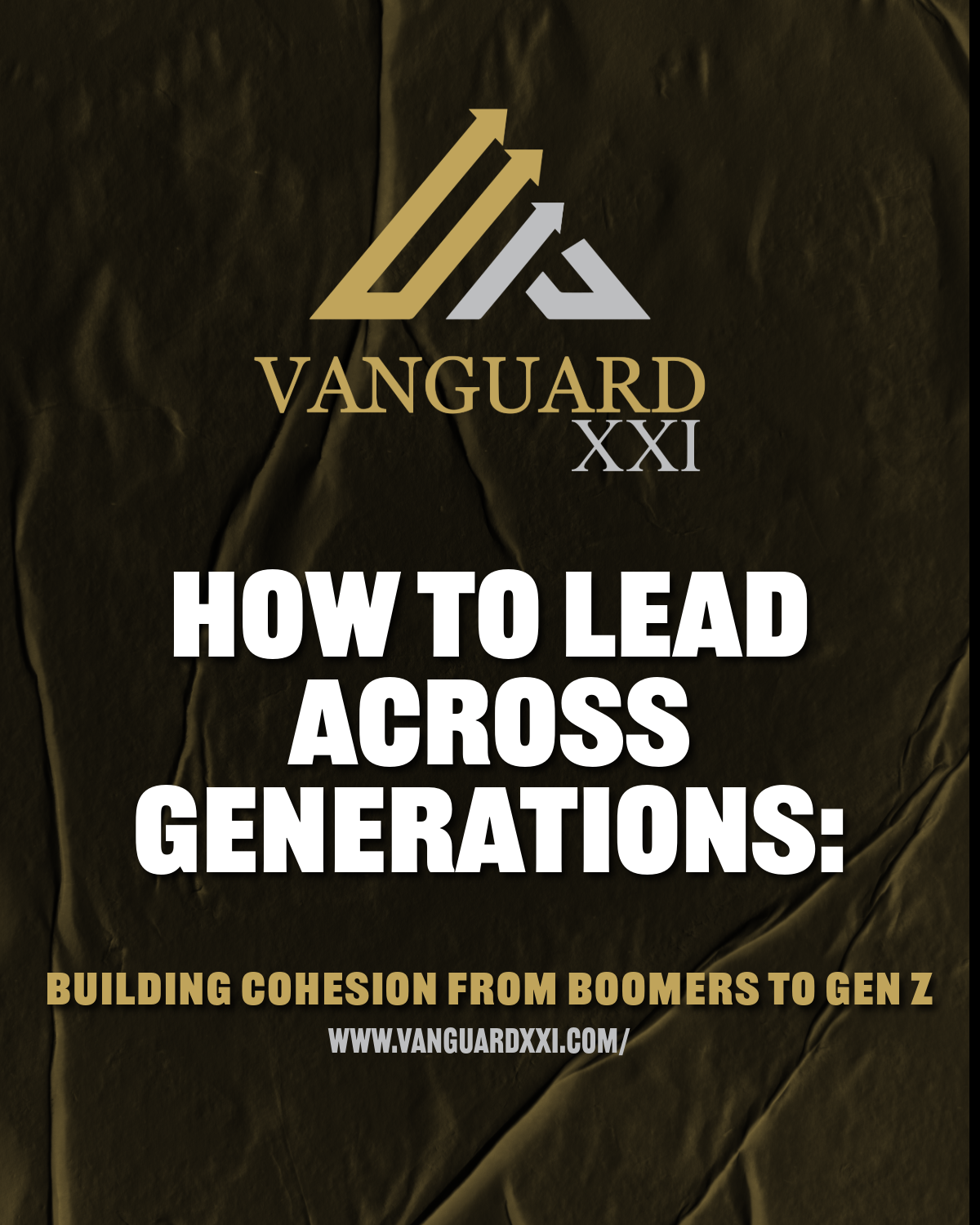
Today’s workforce is more generationally diverse than ever before. In a single meeting, you might find Baby Boomers, Gen Xers, Millennials, and Gen Z—all bringing unique values, communication styles, and expectations to the table. The challenge? Avoiding friction and silos. The opportunity? Creating cross-generational strength through inclusive leadership. Here’s how high-impact leaders build cohesion across generations: 1. Seek Understanding Before Being Understood Each generation grew up with different influences—culturally, technologically, and economically. Boomers value loyalty and structure. Gen Z expects transparency and flexibility. Leading effectively starts with curiosity over judgment. Tip: Ask team members about their preferred communication style, feedback rhythm, and work priorities. You’ll be surprised how much alignment you can create just by listening. 2. Embrace a Coaching Mindset The command-and-control style of leadership doesn’t resonate equally across generations. Coaching creates a bridge. It fosters mutual respect, psychological safety, and empowerment—whether someone is 25 or 65. Tip: Leaders trained in coaching techniques often unlock deeper engagement, especially from younger generations craving development over direction. 3. Customize, Don’t Compromise Fairness doesn’t mean sameness. Offer flexibility where it matters—hybrid schedules, career paths, recognition methods—while maintaining a shared sense of accountability and purpose. Tip: One-size-fits-all leadership is outdated. The future is personalized and principled. 4. Leverage Cross-Generational Mentoring Knowledge-sharing goes both ways. Boomers bring institutional wisdom. Gen Z brings digital fluency and fresh perspective. Build intentional spaces where mentorship flows in all directions. Tip: The best leaders create ecosystems where every generation is both a teacher and a learner. Leading across generations isn’t about minimizing differences. It’s about maximizing connection. When you create a culture where every generation feels seen, heard, and valued—you don’t just improve retention or productivity. You unlock an intergenerational advantage. Are you leading with that mindset?
